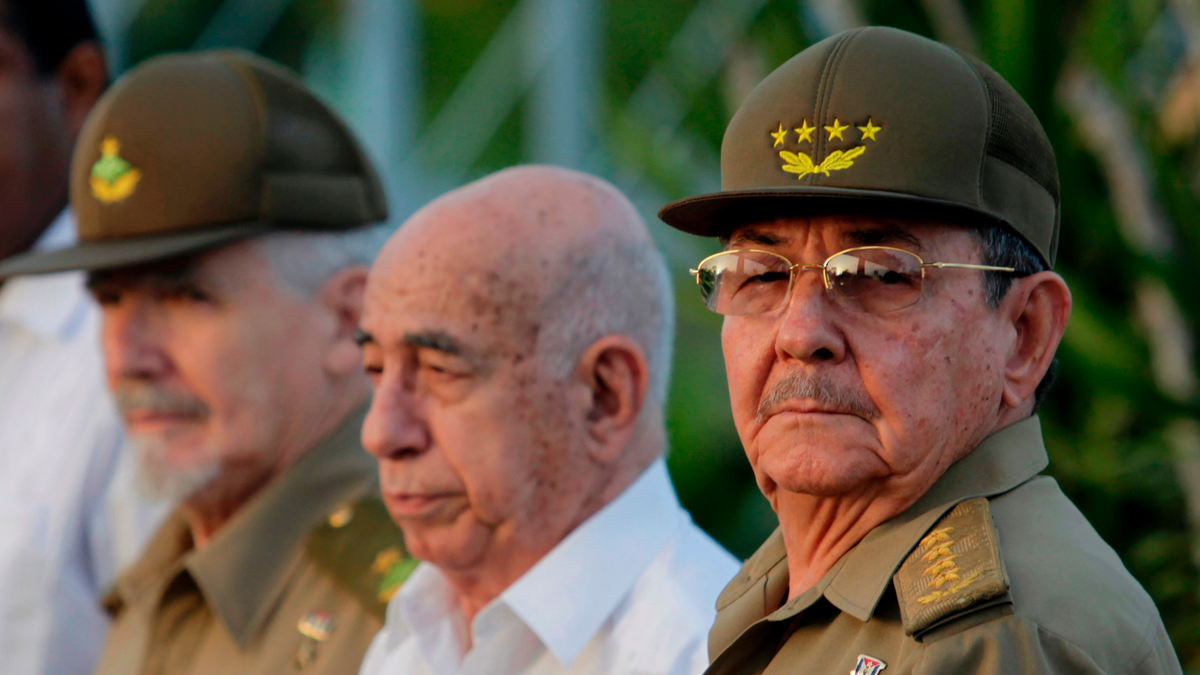
HAVANA – Some of the main figures in the Cuban establishment as the government prepares to usher in new leadership:
___
RAUL CASTRO
He became acting president in 2006 when his brother Fidel Castro surprised the world and announced his retirement following emergency surgery. In 2008, the National Assembly formally elected Raul to the post. Three years later he was named leader of the Communist Party of Cuba.
For many years, he was viewed by the public as the second in command to his more charismatic brother, who died in November 2016. But he has left a distinctive mark on Cuba in the course of a 12-year administration. He oversaw a limited opening of the private sector, without ceding state control over the economy, and a thaw in relations with the United States.
Raul was born in eastern Cuba on June 3, 1931, the fourth of seven brothers. After the Cuban revolution in 1959, he served more than four decades as defense minister before becoming head of state.
He was married to the late guerrilla leader Vilma Espin and had four children with her.
Upon leaving the presidency this week he will remain head of the Communist Party, giving him oversight of his successor.
___
JOSE RAMON MACHADO VENTURA
In recent years, Machado was considered the second most powerful figure in Cuba and as a potential successor to the Castro brothers until Miguel Diaz-Canel was elected first vice president in 2013.
Machado was born Oct. 26, 1930, in the province of Villa Clara. In 2011, he was named second-secretary of the Communist Party, an influential post he still holds.
A doctor by training, he is known as an orthodox communist and keeps a low public profile. His revolutionary activities began when he was a young medical student and he joined the struggle against the dictator Fulgencio Batista.
He later joined the July 26 Movement, a political organization created by the Castros and run by Ernesto "Che" Guevara. He served as health minister in 1960-1967.
___
RAMIRO VALDES
Valdes was a key figure in the revolutionary struggle and in the first years of Fidel Castro's government. But he had a falling out with the president while serving as interior minister in 1986 and was considered out of the main circle of power until 2003, when he rejoined the Council of State.
In 2006, Raul Castro chose Valdes to lead the telecommunications ministry in his first major decision after taking over presidential powers his convalescing brother, Fidel. Three years later, Vales was elevated to vice president.
He has long been associated both on and off the island with Cuba's restrictive access to the internet and global communications.
He was born April 28, 1932, in the western city of Artemisa.
